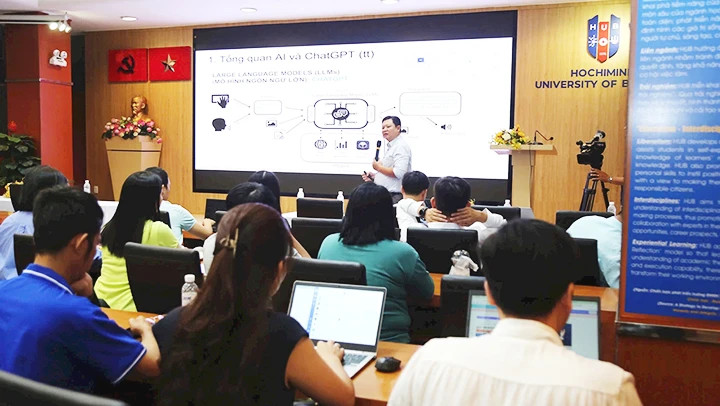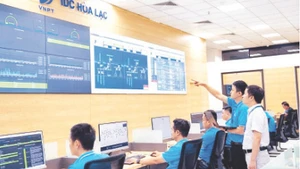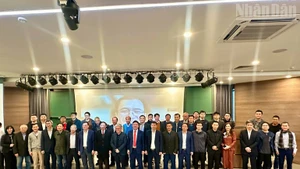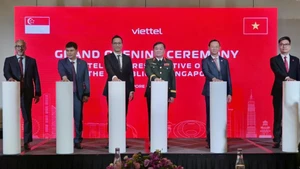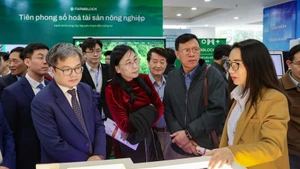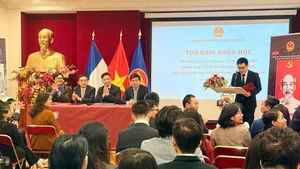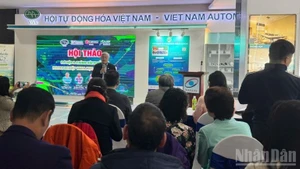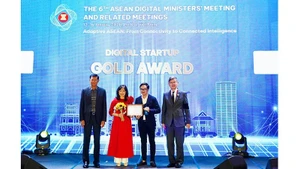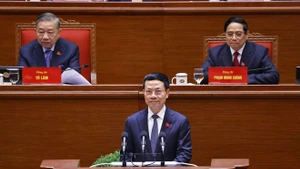The city’s Department of Science and Technology recently conducted a training programme on the application of artificial intelligence (AI) for public officials, with the aim of boosting work efficiency and productivity. The course covered a range of essential topics, including an introduction to AI and ChatGPT, techniques for crafting effective prompts, and practical uses of AI in office operations such as data search and automated presentation generation. A representative from Google also provided guidance on using the Gemini virtual assistant and the NotebookLM tool—both designed to help staff navigate complex documents and manage large volumes of information more efficiently.
Earlier, in collaboration with the Department of Home Affairs, the Department of Science and Technology launched a pilot programme to enhance AI competencies among leaders at all levels, civil servants across departments and districts, and particularly those working at ward, commune, and township levels.
These training sessions will continue throughout 2025 in multiple formats. Beyond introducing modern AI tools, the programme promotes real-world application, aiming to reduce administrative workload, streamline procedures, and improve the quality of public services. Issues concerning data security and the safe use of AI and IT tools were also addressed.
Improving the digital capabilities of leadership and public servants is seen as a strategic priority in support of Ho Chi Minh City’s broader vision to modernise public administration and build a smart city. The initiative is expected to help shape a forward-looking cadre of officials prepared to adapt and thrive in the era of Industry 4.0.
District-level training sessions on AI are also being rolled out. In District 10, the District Party Committee recently partnered with the Youth Science and Technology Development Centre (under the Ho Chi Minh Communist Youth Union) to deliver AI training to 114 leaders and managers from local departments and the People’s Committees of 11 wards.
“Artificial intelligence is transforming the way we manage, operate, and serve the public. Equipping agencies and officials with knowledge of emerging technologies will enable faster data analysis, more accurate forecasting, optimised decision-making, and ultimately, better services for both citizens and businesses,” said Nguyen Huy Chien, Vice Chairman of the District 10 People’s Committee.
AI workforce development has already gained strong traction in many of the city’s leading universities. The municipal government is also partnering with major technology firms to roll out internationally benchmarked training and professional development programmes. Among these efforts, the Department of Education and Training is spearheading a smart education initiative that promotes technology integration in classrooms and strengthens digital skills for both students and teachers.
According to Nguyen Van Duoc, Chairman of the Ho Chi Minh City People’s Committee, digital human resources are the fundamental pillar for advancing digital transformation and building a smart city. The city is committed to developing high-quality talent, refining regulatory frameworks, and mobilising resources to target sustained double-digit growth.
